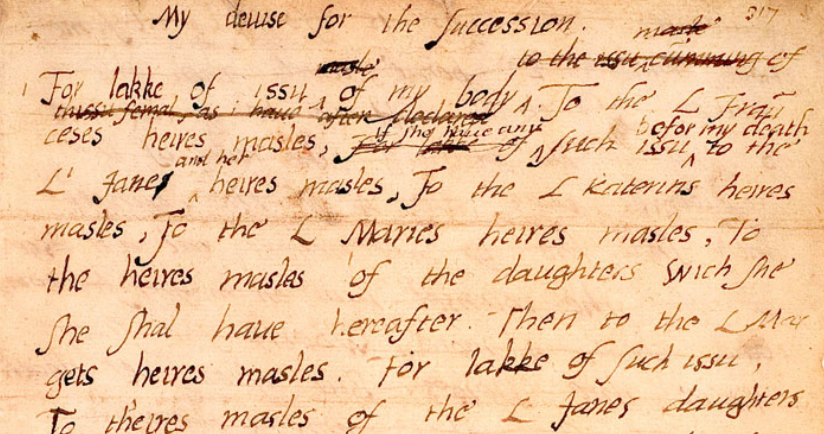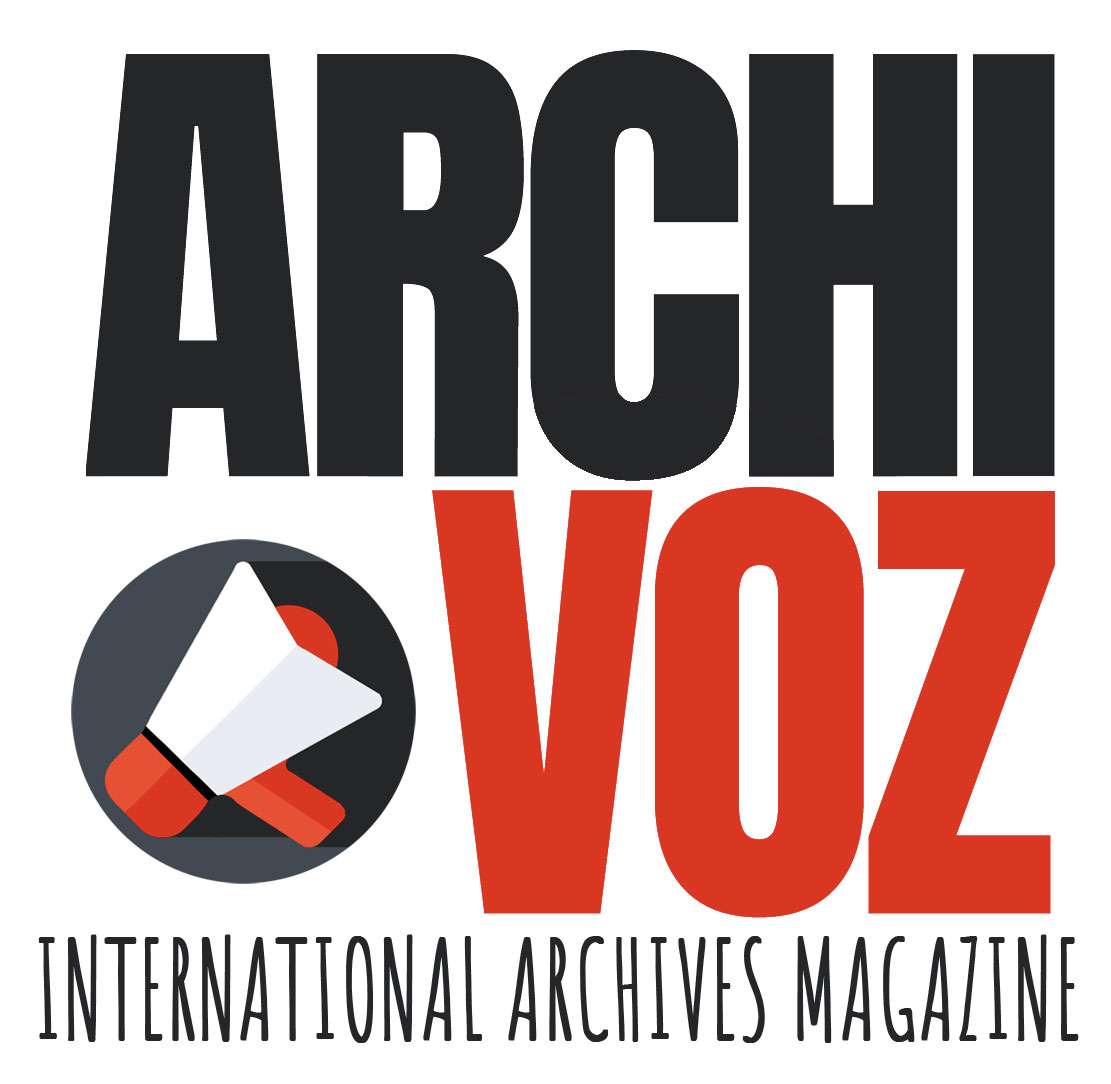Interviews
“Preserving this material is essential for understanding our contemporary age” Interview with Dr Beatrice Cannelli
I spoke to Dr Beatrice Cannelli, Curatorial and Policy Research Officer at the Bodleian Libraries. Beatrice recently completed a PhD at the School of Advanced Study, where she conducted research on the development of social media archives. In this interview, she...
“The most sustainable building is the one you’ve already built” Interview with Kirsten MacQuarrie
We spoke with Kirsten MacQuarrie, Sector Development Manager at the Chartered Institute of Library and Information Professionals in Scotland (CILIPS), to discuss the Green Libraries Initiative, what it aims to achieve and how information professionals around the...
“I think it is incredibly valuable for people to engage with collections that resonate with and are connected to their identities” : Interview with Dr. Kristen Schuster
I am Magdalena Cupo and today I am interviewing Dr. Kristen Schuster to gain their insight into their current research, as well as ask questions around archives, care, and mental health. (Archivoz) Could you tell me a little about your research background?...
“We are faced with finding safe repositories for archives from religious communities that are disappearing”: Interview with Lawrence Gregory
Today, Lawrence Gregory gives an insight into his work at the National Institute of Newman Studies and Catholic Archives Society. He shares how he oversees the digitisation and cataloguing of Catholic records worldwide and highlights the challenges faced by people...
“We must empower the voices we once ignored”: Interview with Lindsay Loebig
Today, Lindsay Loebig gives us some insight into her research on the use of harmful language/content statements in archives in the United States and around the world. She shares with us how they work, why they are important, and their place within an archival space...
“If colonization was about enforcement, decolonization should be about empowerment”: Interview with Stanley H. Griffin, of the University of the West Indies (pt.2)
Last week, Dr. Stanley Griffin and I spoke about noise and silence in the archives and the ways in which the machineries of colonialism have left their mark on Caribbean archival practices. Today, we speak about ongoing challenges to Caribbean memory institutions...
“There is a tangible tension between what is held in Caribbean archives and what is remembered in Caribbean communities”: Interview with Stanley H. Griffin, of the University of the West Indies (pt. 1)
Today, I’m speaking with Dr. Stanley H. Griffin, Senior Lecturer in Archival and Information Studies at the University of the West Indies, about the colonial legacy in archival collection and management, the difference between silence and noise in the archive, and...
“Imagination, in my view, is the necessary tool of the historian, no matter their audience. Invention is the necessary tool of the fiction writer”: Interview with Joanne Paul. (Part II)
(Archivoz) Could you outline the negative and positive aspects of reading cataloguing records? For example, do you generally find the descriptions of the records to be comprehensible/accessible/useful? (Joanne Paul) It really does depend, and the shorter the...
“I worked extensively with archival sources. This ranged from verifying (or falsifying) accepted “facts” to analysing in detail the writing and editing of a single letter or document”: Interview with Joanne Paul. (Part I)
Today, I am speaking with Dr Joanne Paul, writer, historian and broadcaster working on the history of the Renaissance, Tudor and Early Modern Period, about how she conducts her research for her publications and the utilisations of archives and records in her...
“Our experience with these pilot projects has been very positive, with volunteers enjoying the work and some extremely useful datasets successfully gathered from our maps”: Interview with Christopher Fleet, Katie Haffie and Jenny Parkerson
In March 2022, we spoke with Christopher Fleet and Katie Haffie, of the National Library of Scotland, about a three-pronged, crowdsourced maps transcription project that had just gotten off the ground. Katie has since been succeeded as Community Data Harvester by...
“Our hope is that the projects will provide an enjoyable way for participants to interact with historic maps, whilst also engaging in a useful activity that will produce long-term benefits”: Interview with Christopher Fleet and Katie Haffie, of the National Library of Scotland
Today, we are talking with Christopher Fleet, Map Curator, and Katie Haffie, Community Data Harvester, about a three-tiered crowdsourcing maps project that has just kicked off at the National Library of Scotland. We discuss the mechanics of data harvesting, the...
“Then there are those who believe the existence of indigenous peoples to be fundamental to the existence of human life itself”: Interview with the No’lhametwet Indigenous Documentation Center and Wikimedia Argentina
In this interview, we chat with Angie Cervellera, from Wikimedia Argentina, and Shailili Zamora Aray, from the No'lhametwet Indigenous Documentation Center in Resistencia, in the province of Chaco, Argentina, about the importance of creating spaces, both digital...
Sponsored by:
Are you interested in collaborating as a sponsor of Archivoz magazine?
Get in contact with us
CONTACT US
To subscribe to Archivoz publications, enter your email
Copia la URL del feed de la revista, date de alta en Feedly, y sigue de forma automática la publicación de nuevos contenidos.
Descarga gratuita | Free download
Descarga de forma gratuita el libro de Alfonso López Yepes sobre Patrimonio audiovisual: Patrimonio audiovisual iberoamericano Online (1982-2017): España, Argentina, Bolivia, Brasil, Colombia, Costa Rica, Cuba, Chile, Ecuador,El Salvador, Guatemala, México, Paraguay, Perú, Uruguay, Venezuela. Manual. Autor, Madrid.










